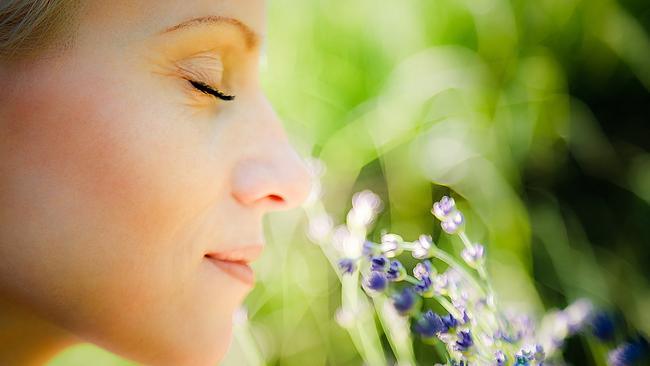
So to the mystery and wonder of stumbling across an historically accurate humpy, or gunyah, on an obscure and deserted beach in a National Park not too far from Sydney, on the land of the Guringai people (always was, never ceded). A beautiful, lone bush shelter made of dessicated palm fronds, propped among the singing trees, a perfect sanctuary from the wind and the sun. The enchanting little hut is many things. History and remembrance, freshness and surprise, rebuke.
I tread carefully, not too close, not daring a touching; just filled with gratitude at the glories of this constantly surprising, deeply mysterious and beautiful continent. How lucky we all are. Covid has pulled focus to the everyday, mundane glories of what’s around us. We were so distracted in the before times with all those flashy trips overseas, the wonder of other lands and climes ripe for the Instagram post. But now we’ve been forced to venture closer to home, to notice the familiar afresh, with new and grateful eyes.
Stanley Kubrick said that observation is a dying art. There’s a sanctity to that noun, observance, a devotional quietness that feels almost medicinal. A world seen at speed is a missed world. By being still, and observing closely, we glean wisdom; by listening quietly rather than babbling loudly our certainties we understand. A fear in the midst of the crammed life is that there’s not enough space to quietly observe. And so the dream, for the next phase of living, is to find a stillness beyond the fret of earning a living. To live a free-er, more observant life.
Thomas Hardy wrote in his poem Afterwards, “If, when hearing that I have been stilled at last, they stand at the door,/Watching the full-starred heavens that winter sees,/ Will this thought rise on those who will meet my face no more,/ ‘He was one who had an eye for such mysteries’?” Don’t we all want to see the full-starred heavens? Have an eye for mysteries? It feels like a muscle to be trained into a particular way of seeing.
Covid, that wily and blindsiding disruptor, is forcing us to take note, afresh. To observe, more closely, what’s right under our feet and all around us. Covid has arrested us in the midst of our rushing, avaricious, demanding lives; forced us into a different way of being. A more communal, considerate way (anti vaxxers excluded). Forced us into a stopping, closer to home. To listen and marvel; to exist in a quieter way for a few short years out of our lives. What was learnt: with observation, if we dare it, comes peace.
Deborah Bird Rose once wrote of the indigenous concept of Country as “not only a common noun but also a proper noun. People talk about country in the same way that they would talk about a person: they speak to country, sing to country, visit country, worry about country, feel sorry for country, and long for country. People say that country knows, hears, smells, takes notice, takes care, is sorry or happy. Country is not a generalised or undifferentiated type of place, such as one might indicate with terms like “spending a day in the country” or “going up the country”. Rather, country is a living entity with a yesterday, today and tomorrow, with a consciousness, and a will toward life. Because of this richness, country is home, and peace; nourishment for body, mind, and spirit; heart’s ease.”
How lucky we are to have so much of this heart’s ease still with us, in so many iterations, in Australia. We must preserve its preciousness wherever we can, as a matter of urgency. As a gift to us all and to future generations. During Covid, as our world shrank from macro to micro, I’ve felt this ever more urgently. Want to exist in a more luminous realm, a sphere of stillness and observation, right up close to this wondrous earth. On this marvellous planet, in this gift of a country, there’s so much to take note of, to observe.



